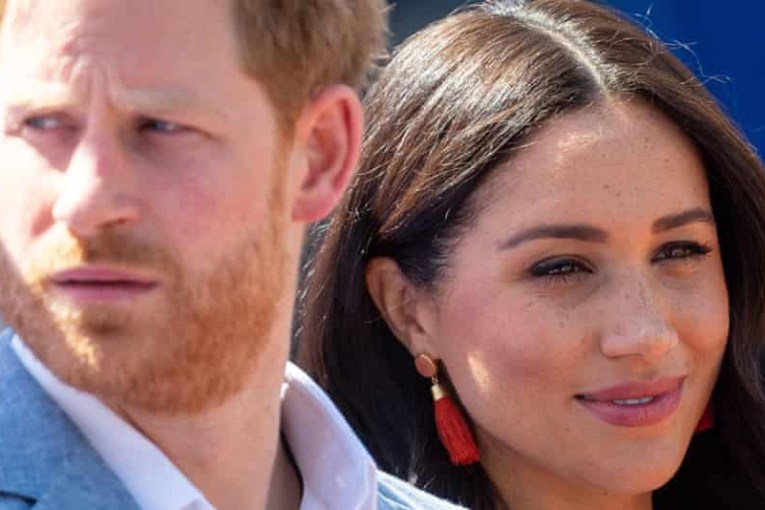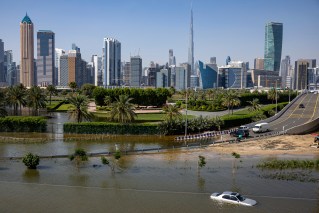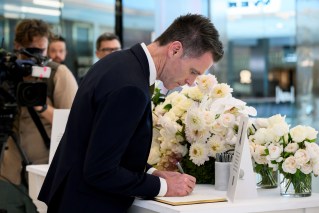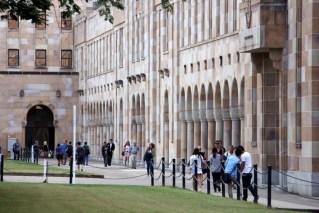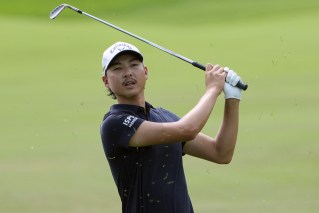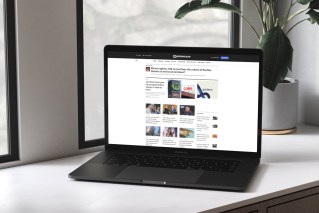States easing some restrictions but battle ‘not yet won’, warns Hunt
Some states are taking small steps to begin easing COVID-19 restrictions in place to stop the spread of the deadly virus, but despite the positive results, federal Health Minister Greg Hunt warns the battle is “not yet won”.
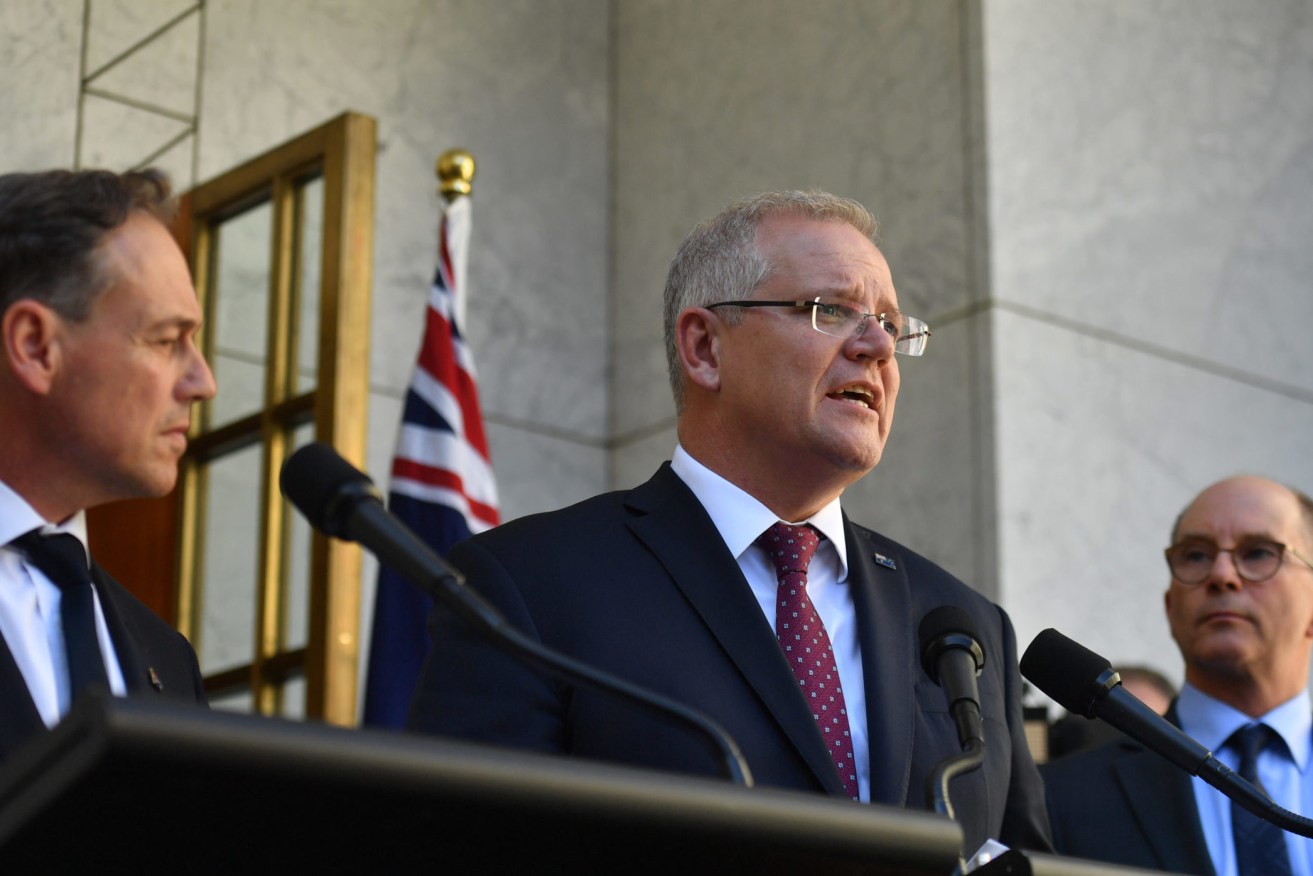
Prime Minister Scott Morrison has described a worsening Victorian outbreak as a big setback to economic recovery. (Photo: AAP Image/Mick Tsikas)
There were only 16 new COVID-19 cases reported across the nation on Sunday, taking the total of 6711 cases. However, there were three new deaths reported in NSW, Victoria and Tasmania, taking the total to 83.
Hunt, launching the Government’s COVID-19 tracer app – COVIDSafe, on Sunday said in the previous seven days there had been 117 cases compared with 297 cases in the previous seven days.
“We have now had an average increase in case numbers of less than one per cent for 15 consecutive days,” he told reporters in Canberra on Sunday.
“What we have seen is a sustained and consolidated and now extended flattening of the curve.”
Prime Minister Scott Morrison believes Australia is on the “road back” from tackling the coronavirus with some restrictions starting to lift.
Morrison pointed to the reopening of elective surgery on Monday, schools starting to come back and said it wouldn’t t be long before some businesses are opening again.
“We are definitely on the road back now,” the Prime Minister told ABC radio.
“We’ll try and get back to some type of normal.”
However, he said until there was a vaccine for COVID-19, social distancing would remain in place and Australians needed to make hand hygiene instinctive.
“There has never been more effort in finding a vaccine for this virus and we are hopeful that might mean they get a breakthrough than otherwise might be the case,” he said.
Queensland and Western Australia on Sunday announced some minor easing of restrictions, but warned they would be reinstated if people flouted the changes.
Queensland Premier Annastacia Palaszczuk said family picnics and weekend drives would be permitted and national parks will reopen next Saturday, with residents directed to travel no further than 50km from their homes.
However, the state borders would remain closed.
“If we do see mass gatherings, I will not hesitate to clamp back down.”
In WA, where some of the toughest restrictions have been introduced, non-contact recreational activities such as picnics, fishing, boating, hiking and camping will be allowed but people must comply with travel restrictions.
Ten people will be allowed at weddings and the 10-person limit remains for funerals.
However, Home Affairs Minister Peter Dutton on Sunday again warned Australians not to become complacent in trying to contain the virus, but concedes there is a level of frustration among people who want to get out and enjoy the good weather before winter starts.
“But we need to very careful here, we have seen what has happened in Singapore and other jurisdictions at the moment where the second wave has taken place,” Dutton told Sky News.
“We want to make sure we can continue the success we have got.”
The re-opening of schools remains a contentious issue between the federal and states and territory governments.
However, a study by the National Centre for Immunisation Research and Surveillance has found no evidence students at NSW schools have infected staff with COVID-19.
Meanwhile, alongside increased testing, the federal government took another step towards some normality with the release of the COVIDSafe app.
The app aims to help health officials identify people who may have come into contact with someone who has COVID-19 so that they can be advised to take measures to help stop the spread of the disease.
Downloading the app is voluntary, and the Prime Minister and Health Minister emphasised that only health authorities could use the information.
“It’s another tool we need to get back to normal as much as we can,” Morrison said.
Meanwhile, a plane-load of Australians and New Zealanders was due to arrive on a rescue flight out of Buenos Aires.
The more than 150 Australians and 20 New Zealanders left the Argentinian capital at 2:00pm Saturday local time after being stranded in South America since the outbreak.
-AAP
